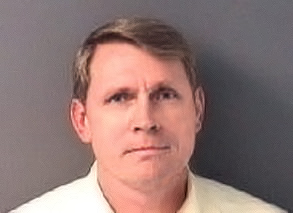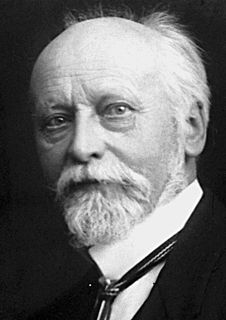A Quote by Vladimir Putin
We need to use the United Nations Security Council and believe that preserving law and order in today's complex and turbulent world is one of the few ways to keep international relations from sliding into chaos. The law is still the law, and we must follow it whether we like it or not.
Related Quotes
We have before us the opportunity to forge for ourselves and for future generations a new world order, a world where the rule of law, not the law of the jungle, governs the conduct of nations. When we are successful, and we will be, we have a real chance at this new world order, an order in which a credible United Nations can use its peacekeeping role to fulfill the promise and vision of the U.N.'s founders.
Here are the folks that are involved in this New World Order: The United Nations [....] the World Council of Churches [.....] the Council of Foreign Relations, the Trilateral Commission, the Bilderbergers [.....] the International Monetary Fund [.....] the Club of Rome, the communists, the socialists, the National Education Association [.....] the NOW organisation, the ACLU, the Masonic Lodge.
We need not only an executive to make international law, but we need the military forces to enforce that law and the judicial system to bring the criminals to justice before they have the opportunity to build military forces that use these horrid weapons that rogue nations and movements can get hold of - germs and atomic weapons.
The United Nations' founders understood that decisions affecting war and peace should happen only by consensus, and with America's consent, the veto by Security Council permanent members was enshrined in the United Nations Charter. The profound wisdom of this has underpinned the stability of international relations for decades.
One of the things about being a law student is that the academic discipline of law is very often removed from the practical reality of law. How to complain, who to complain to, and whether or not you even need to invoke the law is very different in the real world from how it's examined in the lecture theatre.































